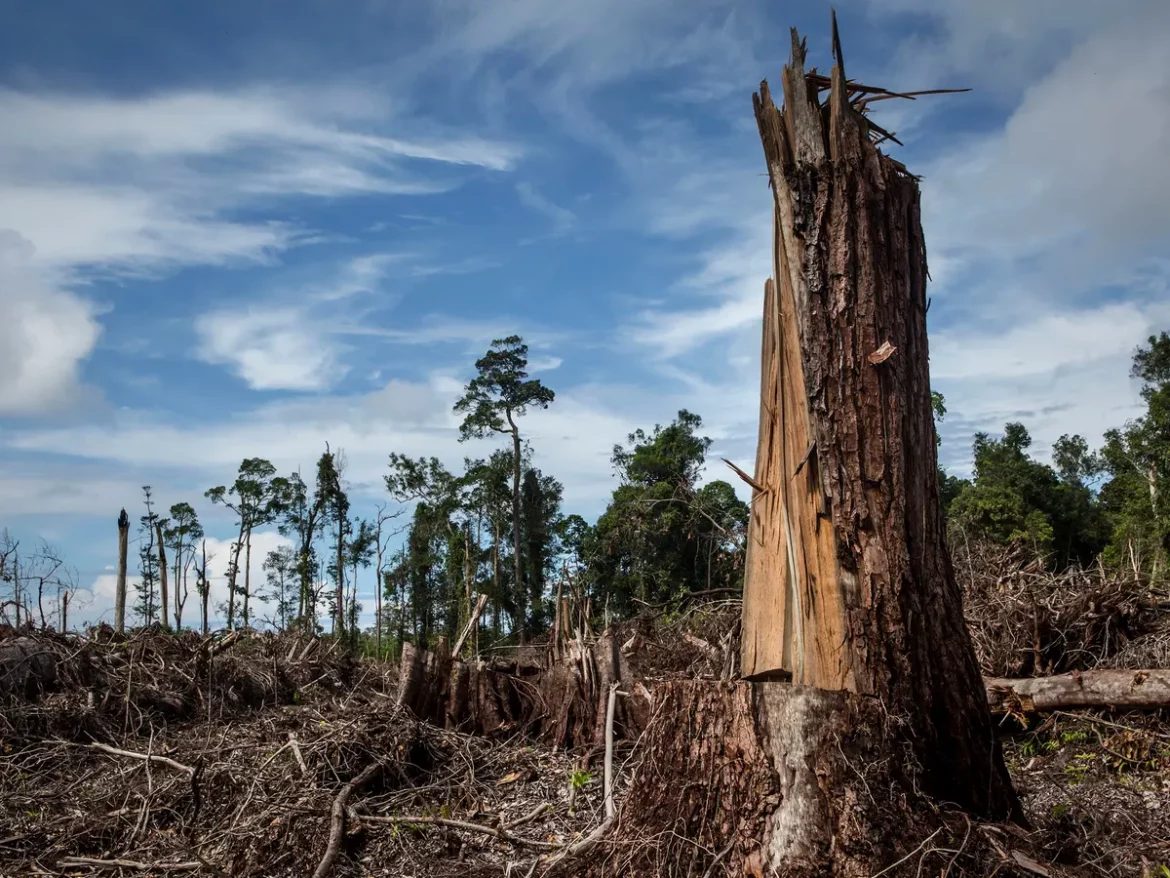Climate campaigners have said that the UK’s membership of a Pacific trade agreement will result in more deforestation overseas, endanger animal welfare and “make a mockery” of the government’s environmental commitments.
Recall that Ministers signed an agreement late last week for the UK to become a member of the Comprehensive and Progressive Agreement for Trans-Pacific Partnership (CPTPP), a trading bloc of 11 nations including Japan, Canada, Australia and Mexico.
The government said that membership of the bloc would add about £1.8bn a year to the UK’s economy and free up trade for products such as whisky and pork. But environmental groups have raised concerns about the implications of the trade deal after the UK agreed to scrap European tariffs on palm oil as a condition for entry into the Pacific deal.
Last week Kemi Badenoch, the trade secretary, was quoted as saying that “you have to make trade-offs” in signing trade deals, and that palm oil was “a great product” and “not some illegal substance”. “There are other crops in the EU that are causing deforestation that fit within EU rules.”
Badenoch’s remarks was said to have enraged environmental and animal welfare groups, which warned that the deal would encourage deforestation overseas, particularly in south-east Asia, and could allow for the import of cheap low-quality meat produced under conditions that would be illegal here.
Read also: Industrial companies call for urgent action on cutting Australia’s emissions
Reports show that Palm oil produced in Malaysia is of particular concern as tariffs on the product, currently at 12%, will be eliminated and imports could increase, including from areas that have been deforested. Research by conservation groups over the years has shown palm oil is closely associated with deforestation, the loss of habitats for rare species including the orangutan, and devastating forest fires.
In his reaction, Daniela Montalto, a forest campaigner at Greenpeace UK, said: “The UK has no safeguards in place to ensure it is not importing or financing palm oil operations that damage critical forests, peatlands, Indigenous lands and habitats for threatened species including orangutans. Cutting palm oil tariffs will only incentivise further destruction and runs completely counter to the government’s promise to embed the environment at the very heart of trade. It is beyond outrageous.”
Recall that at the Cop26 summit in Glasgow in 2021, the UK government spearheaded a global forests initiative, aimed at halting deforestation, and ministers have also brought in new rules to prevent goods from deforested areas being sold in the UK.
Story was adapted from the Guardian.
